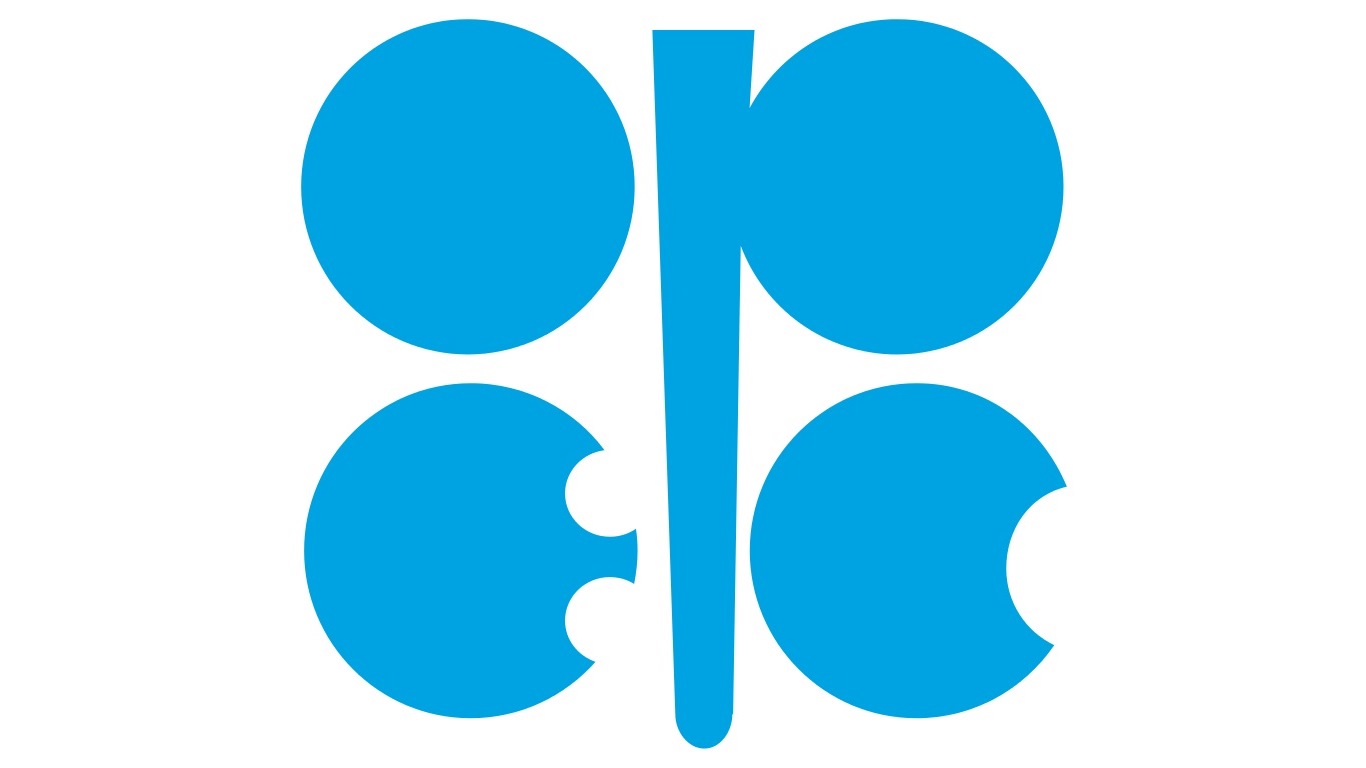
The price of Brent crude has dropped from around $69 a barrel in early January to just over $56 dollars Monday morning. Virtually all of that decline has come since Chinese officials revealed an outbreak of coronavirus on January 7. OPEC+ is holding a technical meeting beginning Tuesday to discuss further production cuts in an effort, as Iran’s oil minister puts it, to “balance” the crude market. By balance, of course, he means lift prices.
A report in the Wall Street Journal indicates that one possibility being discussed is a collective cut of about 500,000 barrels a day. Another possibility is that Saudi Arabia on its own would cut a million barrels a day from the country’s production. The next regularly scheduled ministers meeting is next month, but that could be pulled into February.
Both are significant possibilities but neither would be sufficient. Chinese demand for crude has dropped from about 13 million barrels a day to around 8 million barrels as the government has quarantined millions of people and refineries in the country have been told to reduce production of gasoline and jet fuel.
China imports more oil than any other nation and the country has been the driver of demand growth for several years. While the slowdown in imports is only temporary, putting a date to when the slowdown will end is a fool’s errand.
The coronavirus outbreak so far has affected more than 17,000 Chinese people and more than 350 have died. The numbers rise daily, and there are reports of cases in 15 countries. The first death outside of China was reported Sunday in the Philippines.
OPEC+ can’t live on crude below $60 a barrel for very long, so now the cartel and its partners are going to try a different variety of price gouging — their best customer won’t pay, so everyone else has to.
What does OPEC+ expect to happen? OPEC, minus its new partners, long ago lost the control it once had over the price of oil. Even if it succeeds in making more cuts now, any price hike will be only short-lived.
What happens if the virus outbreak spreads? Will demand for crude fall even further? And how will OPEC+ respond to that? With more production cuts?
If OPEC+ were to take 2 or 3 million barrels out of production immediately, it might prop up prices. But the cartel can’t afford to do that, and it would take a fair amount of time to cut that much. By then, the coronavirus outbreak may have been controlled.
Brent crude traded down about 0.4% Monday morning at $56.42, while West Texas Intermediate traded up about 0.2% at $51.67.
In 20 Years, I Haven’t Seen A Cash Back Card This Good
After two decades of reviewing financial products I haven’t seen anything like this. Credit card companies are at war, handing out free rewards and benefits to win the best customers.
A good cash back card can be worth thousands of dollars a year in free money, not to mention other perks like travel, insurance, and access to fancy lounges.
Our top pick today pays up to 5% cash back, a $200 bonus on top, and $0 annual fee. Click here to apply before they stop offering rewards this generous.
Flywheel Publishing has partnered with CardRatings for our coverage of credit card products. Flywheel Publishing and CardRatings may receive a commission from card issuers.
Thank you for reading! Have some feedback for us?
Contact the 24/7 Wall St. editorial team.
 24/7 Wall St.
24/7 Wall St.



